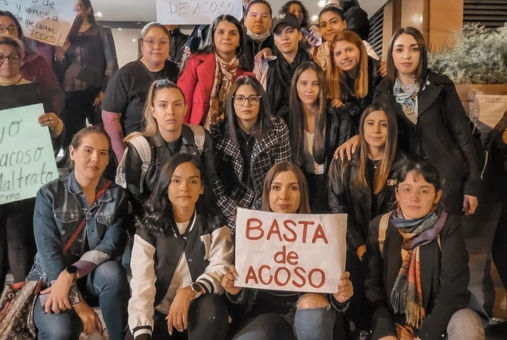
Three recent decisions tied to one media conglomerate uphold claims from women forced out after reporting sexual misconduct, underscoring the pervasiveness of newsroom harassment and the cost of defiance.
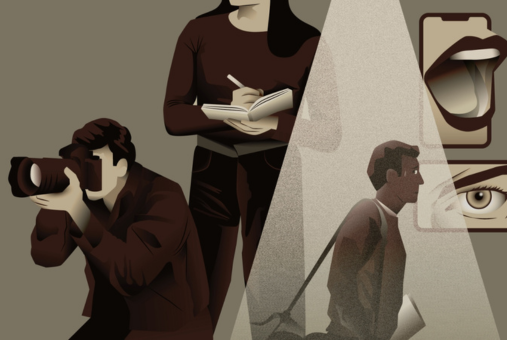
During a recent webinar, journalists and scholars from northern Central America describe the threats and violence they face at home. For some, it’s led to exile, but not to giving up.
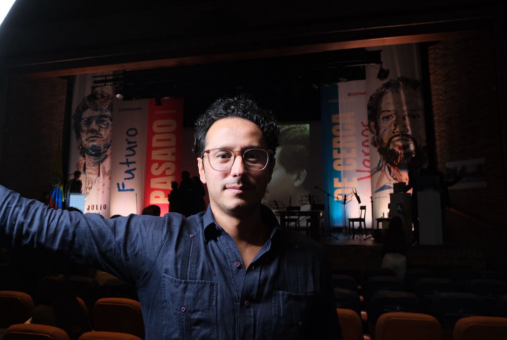
For Daniel Chaparro Díaz, a personal quest to understand his father's murder has become a professional mission to preserve the memory of Colombian journalists killed for their work.
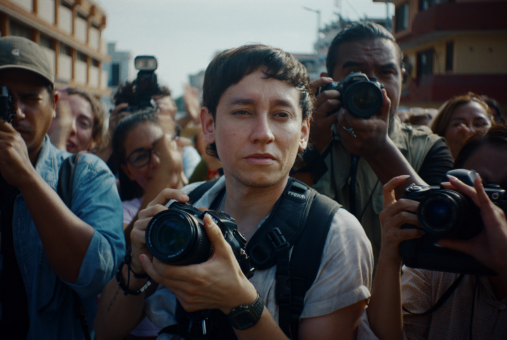
The murders of Mexican journalists Regina Martínez and Rubén Espinosa left their mark on filmmaker J. Xavier Velasco, who seeks to highlight violence against the press in Mexico.

The revised legal framework from the Inter-American Commission on Human Rights includes new standards on gender-based violence and online communication. In an interview with LJR, the Special Rapporteur for Freedom of Expression warns of rising legal harassment and urges governments to prioritize online literacy as a tool for protecting free speech.
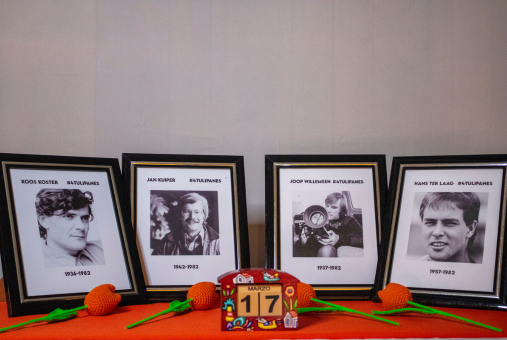
A Salvadoran court sentenced three former officers to 15 years in prison for ordering an ambush that killed four Dutch journalists during the civil war. It’s the first time a crime of humanity documented by the UN Truth Commission has led to a conviction in El Salvador.
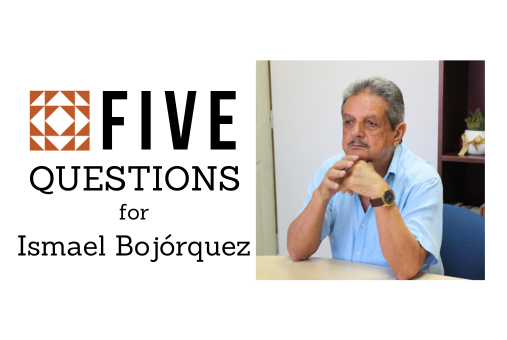
On the 8th anniversary of the murder of journalist Javier Valdez, his colleague and co-founder of the weekly Ríodoce, Ismael Bojórquez, talks about how conditions for practicing journalism have worsened amid a war between criminal groups.
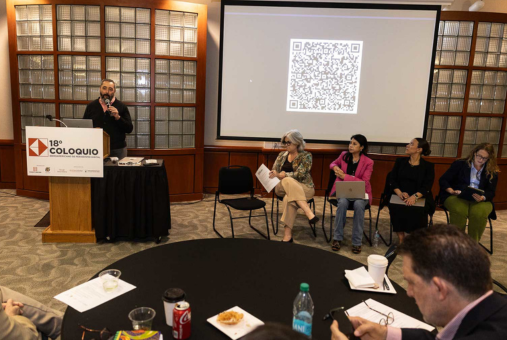
Researchers from the Worlds of Journalism Study examined safety, editorial freedom, and pressures facing journalists in 11 Latin American countries. At the Iberoamerican Colloquium on Digital Journalism in Austin, they shared findings from Costa Rica, El Salvador, and Mexico.
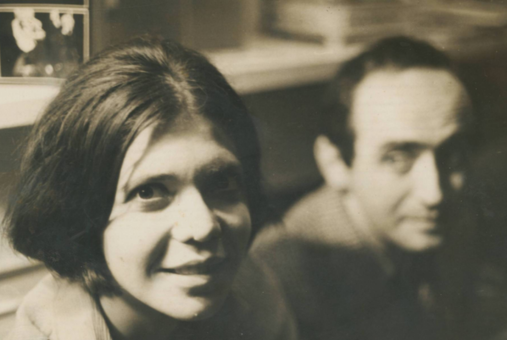
Clarice Herzog, 83, fought for decades to prove her husband was murdered under Brazil’s dictatorship. But his killers remain unpunished.

The fund was established after journalist Jineth Bedoya won a lawsuit after she was tortured and sexually abused for her reporting. It aims to support prevention efforts and helps female journalists who survive violent attacks.
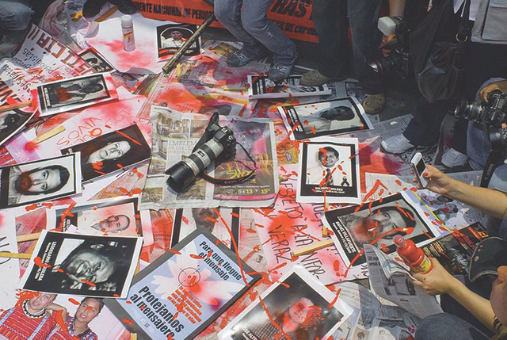
Participants of a cross-industry meeting in Mexico City emphasized the importance of collaboration, a global community, digital literacy and public support for journalism.

The connection between press freedom and the many challenges facing the planet – including climate change – is the theme for the 2024 World Press Freedom Day. Under the motto “A Press for the Planet: Journalism in the face of the environmental crisis,” May 3 arrives with discussions on how to guarantee journalists’ work as well as strategies to confront disinformation and denial of climate change.